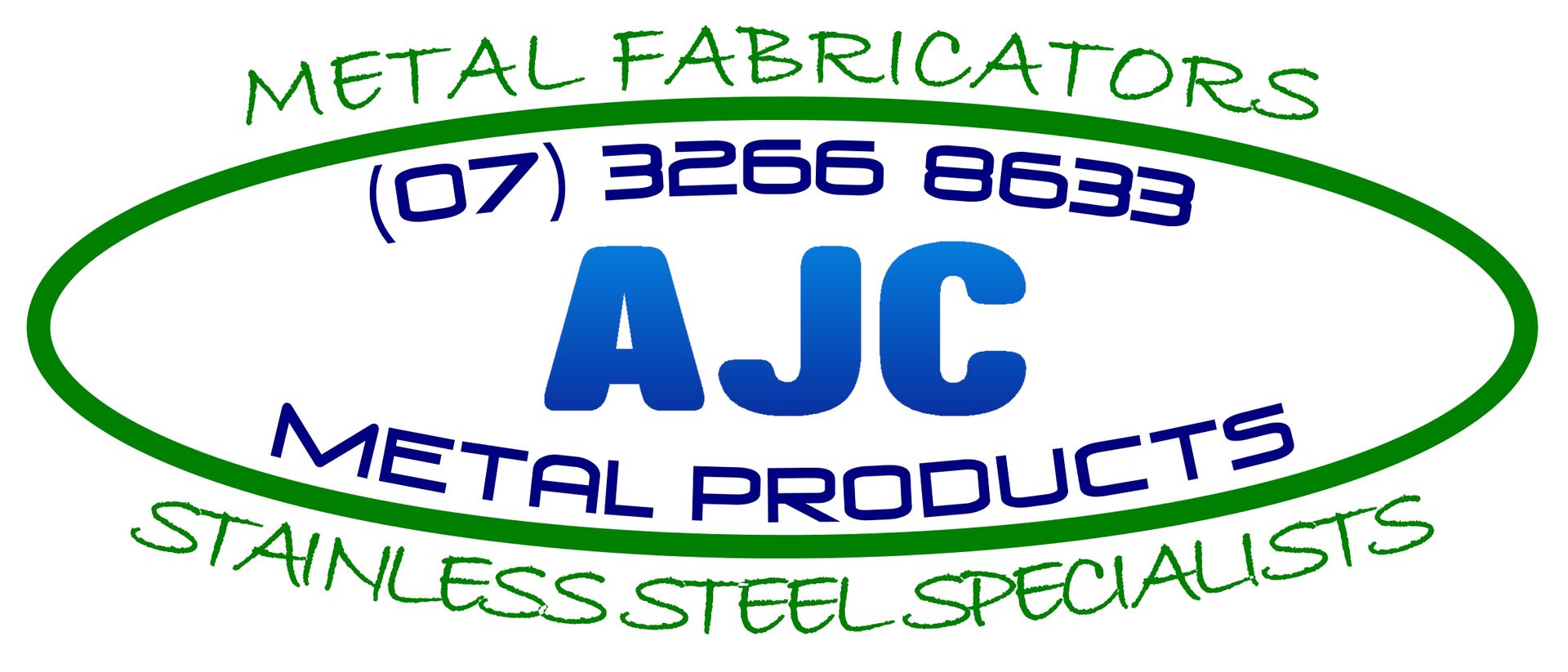The Advantages of Fabricated Aluminum
When you hear the word 'aluminum,' you may think of soda cans or other food and beverage containers. But the uses of aluminum extend far beyond food packaging.
In a previous blog, 'The Advantages of Stainless Steel,' we introduced you to one of the most commonly used construction and manufacturing materials currently available. In this blog, we discuss fabricated aluminum, which represents one of the only materials advantageous enough to compete with stainless steel in some applications.
Beneficial characteristics of fabricated aluminum include the following.
Affordable
Aluminum represents one of the least expensive metals available that is still strong enough for heavy-duty applications. Aluminum often provides the most affordable option for building materials, electrical components and machinery enclosures.
Additionally, most aluminum requires virtually no maintenance, which allows it to stay inexpensive over time.
Durable
Aluminum has a high strength-to-weight ratio. This characteristic means that even thin aluminum panels can withstand high amounts of force over significant periods of time.
For example, aluminum roofs can last as long as 35 years. In other applications, aluminum can last even longer.
Flexible
Many industrial metals, including steel, have high amounts of rigidity. While this quality provides the stability necessary for some projects, inflexibility limits the shaping capabilities of these metals.
Aluminum is highly flexible, which means it's easier to bend and weld into shape. This characteristic makes aluminum ideal for small and structurally complex components.
Highly Conductive
Aluminum conducts both heat and electricity well. This conductivity explains why you frequently see aluminum used in heating and cooling units, as well as in electrical applications.
Aluminum can even be found in the tiny components of mainframe computers and video systems.
Lightweight
Aluminum doesn't just have a high strength-to-weight ratio-it also weighs less overall than most other building materials. In fact, aluminum items can weigh as much as two thirds less than their stainless steel counterparts.
This quality makes aluminum easy to transport and install. Additionally, aluminum's lightweight nature puts less stress on structures over time than other metals.
Non-magnetic
Many commonly used metals, including some kinds of steel, have magnetic properties. Aluminum, however, is completely non-magnetic. This property makes aluminum an essential part of many electrical applications.
For example, manufacturers often use aluminum to encase braided wires and other sensitive system components.
Recyclable and Non-toxic
Like stainless steel, aluminum is 100% recyclable. In fact, recycling aluminum conserves as much as 90% of the energy required to manufacture new aluminum, which makes it one of the most eco-friendly options available.
Additionally, aluminum emits no toxins and has no toxic properties. These combined characteristics make aluminum a highly sustainable materials choice.
Reflective
When it comes down to aesthetics alone, many builders and manufacturers choose aluminum over other metal options. Aluminum's surface accommodates a wide variety of finishes, which makes it ideal for the outermost layer of machinery and construction.
Aluminum can even undergo polishing to make it beautifully reflective.
Resistant to Corrosion
Like stainless steel, aluminum has high resistance to corrosion. Fabricated aluminum is completely resistant to rust, unlike most other metals.
With proper finishing and routine maintenance, high-quality aluminum can also withstand most other common forms of corrosion.
Resistant to Low Temperatures
While aluminum is subject to more expansion than steel when exposed to high temperatures, aluminum resists low temperatures extremely well. Aluminum's ability to withstand the cold makes it ideal for components and enclosures for condensers, air conditioners and even nuclear reactors.
When you need a metal component for new construction, equipment or industry accessories, stainless steel and aluminum may both represent viable options. Consider the characteristics listed above and consult with your trusted metal fabrication expert to decide which metal best suits your needs.
